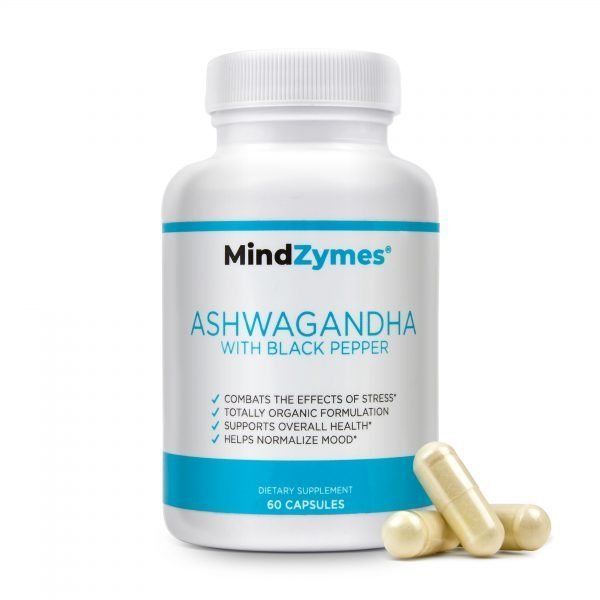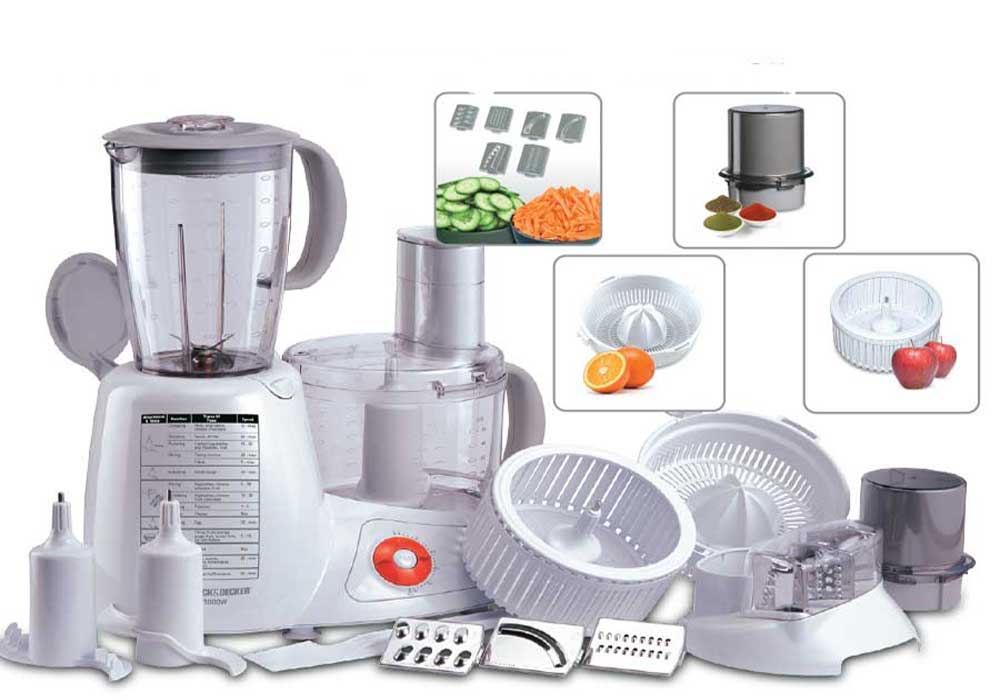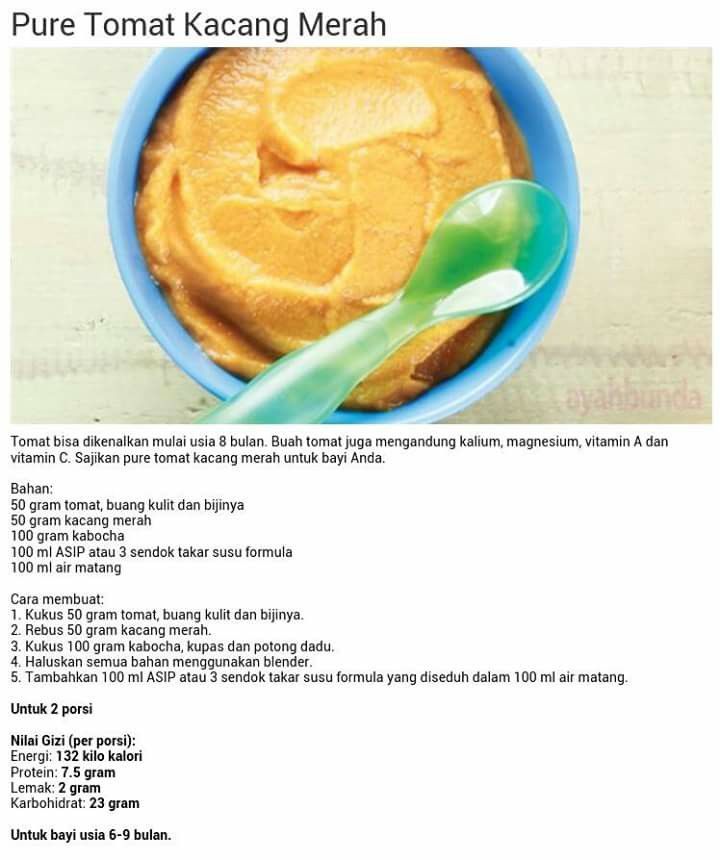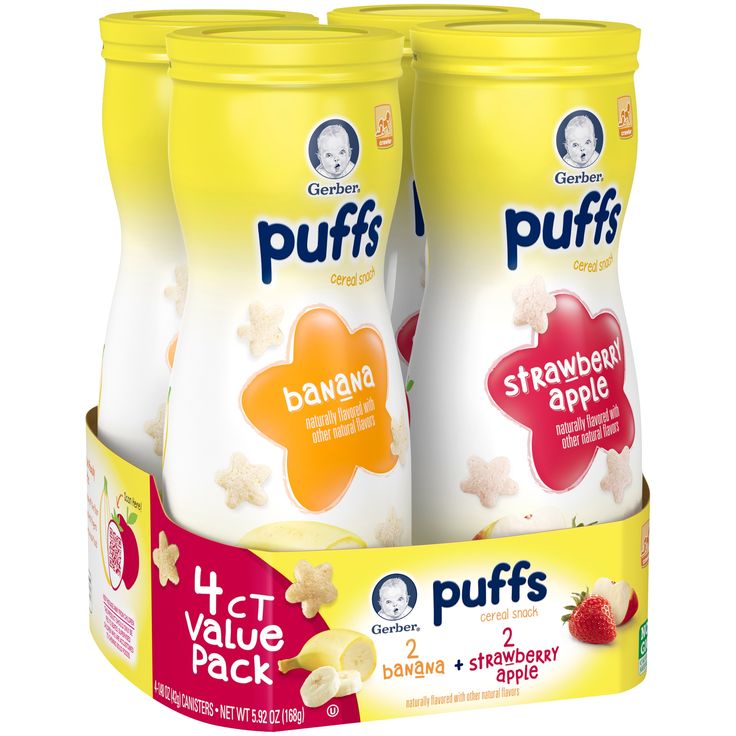Immune booster foods for babies
Seven Delicious Foods To Help Boost Your Child’s Immune System
Children are especially prone to catching colds, coughs, and flu because they’re around so many other kids all day. That’s why parents are always looking for ways to boost their kids’ immune systems so that they don’t get sick as often.
Your first line of defense in boosting the immune system is through a proper diet. You want to eat a lot of fruits and vegetables, as that boosts the body’s antioxidant properties in order to increase immunity. Here are some of the best foods your child can eat in order to boost their immune system.
1. Berries
Berries are packed with beneficial antioxidants and most kids love them, so they’re an easy way to keep the whole family healthy. Put some blueberries on morning cereal before school, add them to breakfast smoothies or pack them as a refreshing afternoon snack. Stock up on frozen berries or grow your own so you can enjoy them fresh and in-season.
Berries keep the immune system fighting due to their antioxidants which fight against oxidative stress. But don’t limit yourself to blueberries, explore raspberries, cranberries, blackberries, strawberries, and cherries too.
2. Citrus fruits
High in vitamin C, citrus fruits are essential for a strong immune system. A lot of kids like to eat oranges and tangerines and will typically drink orange juice with breakfast too, so it’s pretty easy to incorporate citrus fruit into the diet.
Citrus fruit is a fantastic addition to breakfast meals and they make for an easy and hygienic snack because they come pre-packaged by Mother Nature.
3. Green leafy vegetables
If there’s one menu item that parents struggle to convince their kids to eat, it’s green veggies! But, it’s important for children to consume green leafy vegetables daily because they are packed with essential vitamins and carotenoids that help to build a strong immune system.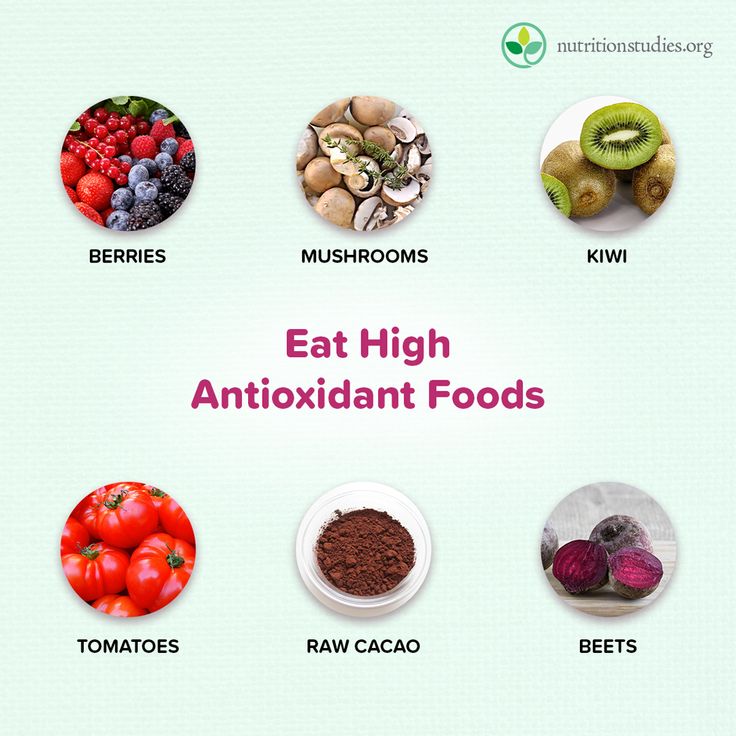
For instance, spinach and fenugreek leaves contain important antioxidants that help to build up the immune system.
4. Root vegetables
Root vegetables like carrots, beets, and sweet potatoes work specific to the respiratory system. Squash or pumpkin are loaded with beneficial antioxidants including vitamins A and C as well as magnesium and manganese.
Root vegetables can be enjoyed in hearty winter stews, oven roasts, mash, and casseroles, all of which are delicious and nutritious meals that can be enjoyed all year round.
5. Mushrooms
There are many different mushroom types, such as lion’s mane and reishi, that help to boost immunity--especially apoptogenic mushrooms. They have a special compound known as beta-glucans, which are known to stimulate the immune system.
There are so many different ways to enjoy mushrooms, from adding them to pizzas and pasta, to stuffed mushrooms and creamy mushroom sauce.
6. Nuts and seeds
Nuts and seeds are naturally high in vitamin E which is known to help build immunity. You can enjoy them roasted, crumbed, salted, or even candied. Your options include seeds like sunflower seeds, flax seeds, and pumpkin seeds, as well as nuts like cashews, almonds, walnuts, and peanuts.
7. Yogurt
Yogurt is full of good gut bacteria called probiotics which help to prevent bad bacteria from colonizing the stomach. The best way to cultivate this good gut bacteria is to consume food that is high in fiber as well as good bacteria, such as yogurt and fermented foods like pickles, kimchi, and sauerkraut. You can work these into delicious meals during lunch and dinner.
What About Supplements?
Despite the parents’ best efforts, most kids don’t eat enough fruits and vegetables to really give their immune systems a boost, which is where supplements come in. For instance, vitamin C and echinacea are two very effective supplements that can be taken daily throughout the late fall and winter months, to help prevent illness.
For instance, vitamin C and echinacea are two very effective supplements that can be taken daily throughout the late fall and winter months, to help prevent illness.
Echinacea can be found at natural food stores and dosing information is often indicated on the packaging for ease of use. Zinc is another essential mineral that makes it easier to recover from colds and flu relatively quickly. It can be found in liquid and capsule form in health food stores as well.
Vitamin C helps the immune system to create new cells and this is what the body needs as we encounter more viruses and illnesses. Vitamin C can be found in cherries, peppers, broccoli, oranges, lemons, limes, kiwi, kale, and Brussel sprouts.
Vitamin A may increase the immune system’s response to viruses and it can be found in papayas, carrots, broccoli, spinach, and kale.
According to former CDC chief Dr. Tom Friedman, Vitamin D3 is an essential vitamin that can specifically reduce the risk of coronavirus and respiratory disease.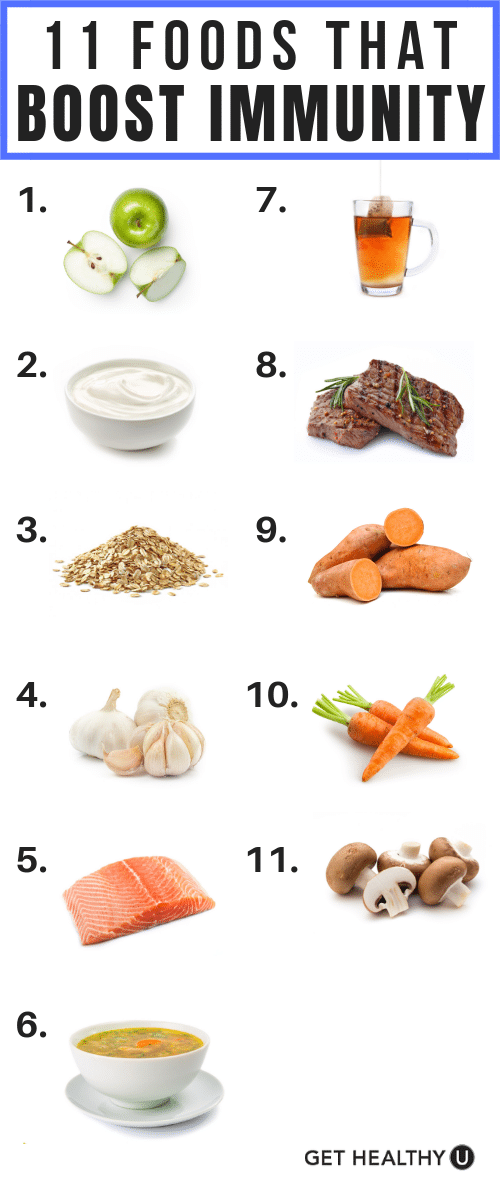 The best way to get vitamin D is by playing outside in the sunshine, and 10 to 15 minutes in the sunshine without sunscreen is often enough to get your daily requirement.
The best way to get vitamin D is by playing outside in the sunshine, and 10 to 15 minutes in the sunshine without sunscreen is often enough to get your daily requirement.
To further boost immunity, children should limit sugar intake and junk food, especially leading up to the winter months, as sugar can really lower one’s immune system. The artificial colors and chemicals you’ll find in junk food can also harm the immune system, so it’s a good idea to keep treats to a minimum during the winter months.
A healthy diet is key to a healthy life and a strong body. Eating fruits and vegetables every day is essential to boosting your child’s immune systems to ensure they are able to deal with the demands of their growing bodies.
About the Author
Anelisa Nokoyo is a writer for My Phenom Fitness, which is a nutrition and fitness blog that uses the latest in the scientific research to help people optimize their health.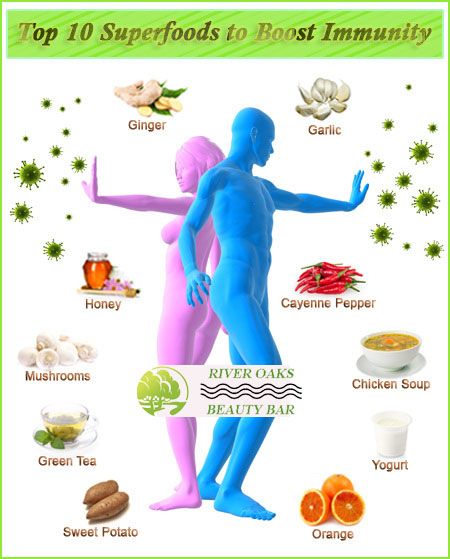 In Anelisa's free time, she lives a holistic lifestyle with her daughter, and enjoys being at the beach, reading and learning about bio-hacking, nutrition, permaculture, and spirituality.
In Anelisa's free time, she lives a holistic lifestyle with her daughter, and enjoys being at the beach, reading and learning about bio-hacking, nutrition, permaculture, and spirituality.
5 Immune-Boosting Baby Foods
Colds, flu, and stomach bugs are no fun for anyone, of course, but these chilly-season illnesses can be especially challenging (or even a bit scary) when they infiltrate your family’s tiniest tykes. Parents, siblings, and caregivers can help prevent spreading sickness to babies by getting a flu shot (babies can get the vaccine, too, after six months), frequently washing their hands, covering coughs and sneezes with a tissue, and distancing themselves from little ones if they do get sick.
If your baby is eating solid foods, you can also support her good health by dishing up tasty foods that boost her immunity.* Add these five ingredients into your family’s meal rotation and help everyone keep those bad bugs at bay!
1.
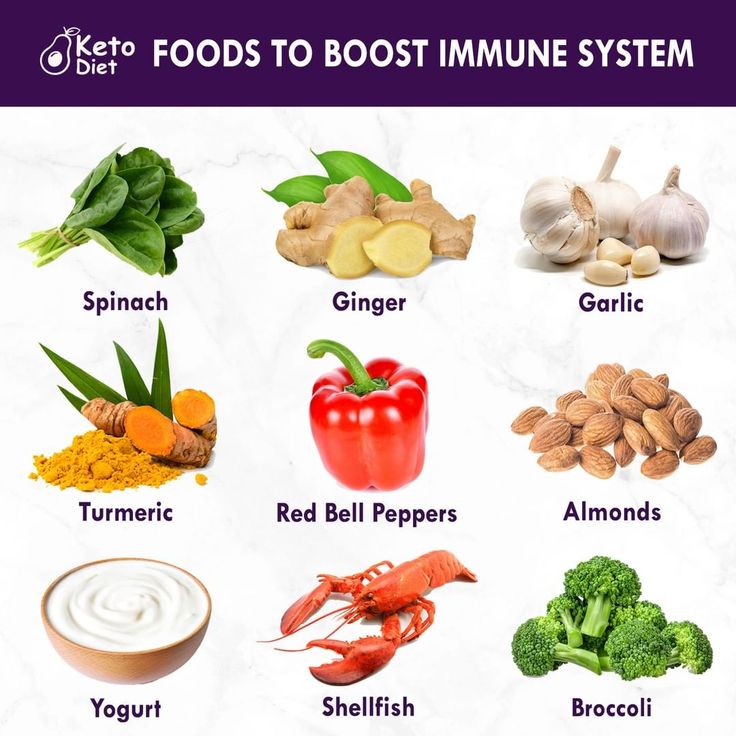 Whole-Fat Plain Yogurt
Whole-Fat Plain Yogurt
Plain yogurt is a great way to get probiotics, the good bacteria that help your baby fend off harmful bacteria in the digestive system, promote overall immunity, and ease side effects if she ends up needing antibiotics. (Look for products labeled with a “Live & Active Cultures” seal from the National Yogurt Association.) Yogurt is also a good source of the immunity-boosting crusader vitamin D and protein, which helps grow, maintain, and repair every single cell in the body, including infection-fighting white blood cells.
You can serve yogurt by itself (but don’t use sweetened varieties) or stir it into fruit or veggie purées as a healthy way to balance the tartness.
Everyone Belongs In Our Circle
At KinderCare, we’re committed to building warm, welcoming and supportive classrooms for children of all abilities, backgrounds and experiences.
Find a center near you
2.
 Sweet Potatoes
Sweet Potatoes
These in-season yellow-orange tubers are packed with beta carotene—our bodies convert this nutrient into vitamin A, which is essential for healthy immune system function. Carrots, squash, pumpkins, mangoes, and dark, leafy greens are other good sources of beta-carotene.
Find out how to prepare your sweet potatoes with our easy guide.
3. Avocado
This deliciously creamy fruit is a good source of both vitamin E (a potent antioxidant) and vitamin B6, which helps build the cells of the immune system and increase immune response. The omega-3 fatty acids in avocados also help the body better absorb immune-boosting nutrients, so including it in baby’s dinner will make the most of all the healthful ingredients that go in his mouth.
Purée or mash avocado well before serving. If baby is around 10 months old, you could also try the Spunky Coconut’s simple DIY avocado-pear ice pops—they might even help with teething!
4.
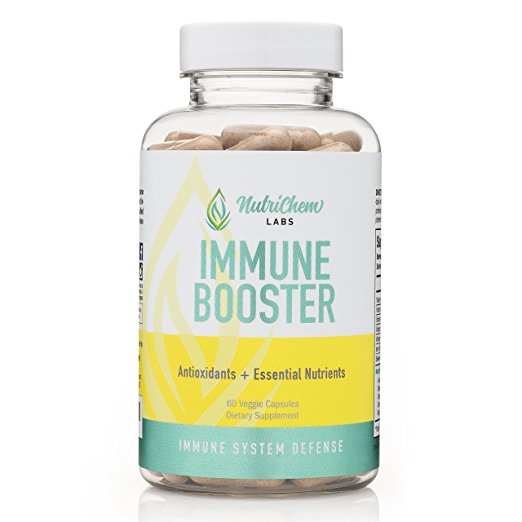 Brown Rice
Brown Rice
These nutritious little grains are packed with the essential minerals magnesium (a macromineral—you need a lot of it) and selenium (a micromineral—you need it, but not a ton), which both enhance immunity and bolster resistance to viral infections.
Purée cooked brown rice with meats, veggies, or fruits—brown rice blended with roasted bananas, a dash of cinnamon, and a little water is so good we would eat it! It’s also delish mashed up with stewed dried fruits.
A Lifetime Of Confidence Starts Here
Our teachers help every child build the confidence they need to try new things and explore the world around them.
Search for a center near you
5. Blueberries
Whether fresh or frozen (winter is coming), blueberries are a super source of multiple antioxidants (especially the flavonoid compound, anthocyanins), which can help fight off all sorts of illnesses. Blueberries are also a good source of vitamin C—and while research has found that vitamin C actually does little to prevent colds, it may help ease symptoms if your child is already sick.
Whole blueberries are a choking hazard, but you can blend these sweet-tart beauties up alone (if sweet enough) or mix them with apples, bananas, pears, yogurt, oatmeal, or beef for a heartier baby-friendly meal.
* Check with your doctor before serving any new foods to your baby: Most little ones take their first bites around six months, but regardless of age, he should be able to sit in a high chair and have good head control. The standard advice is to start with single-ingredient purées—wait three days before introducing another food to confirm your baby isn’t experiencing an allergic reaction such as rash, diarrhea, or vomiting. Never add salt or sweeteners.
Cooking And Nutrition Caring For Kids KinderCare Cooks Eating New Baby Infant Baby Food Nutrition Fall Winter Infant (0-1)
Immunity Boosting Foods: A List of Immunity Boosting Products for Adults and Children
The immune system has a difficult task: it must always be ready to notice and respond correctly to the "invasion" of pathogens, to identify the "enemy".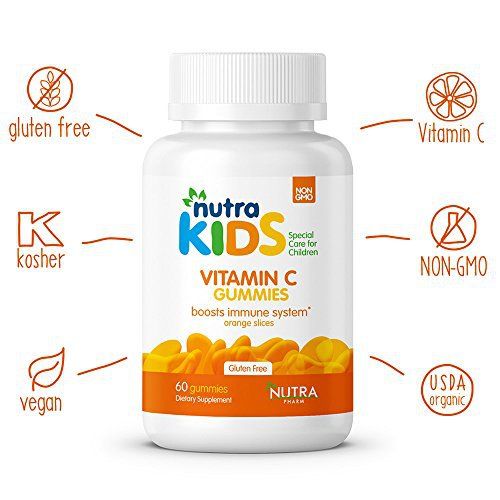 To function properly, the immune system needs a balanced diet, which should include immune-healthy foods. Therefore, scientists consider optimal nutrition to be the one that supports the functioning of the body, including immune cells, allowing you to quickly launch and regulate the immune response when necessary. Read more in the source "> 1.
To function properly, the immune system needs a balanced diet, which should include immune-healthy foods. Therefore, scientists consider optimal nutrition to be the one that supports the functioning of the body, including immune cells, allowing you to quickly launch and regulate the immune response when necessary. Read more in the source "> 1.
List of products that increase immunity
The benefits of products for immunity are due to their composition, namely the nutrients they contain (biologically active elements that come from food and participate in the metabolism, necessary for the life of the body). Micronutrients are necessary for a variety of processes in the body, but some vitamins and minerals play a special role in ensuring the normal functioning of the immune system in case of violations.
Among the primary nutrients that enhance immunity, there are vitamins such as A , C , D and groups B , as well as trace elements selenium, iron, zinc and copper Read more in the source "> 2.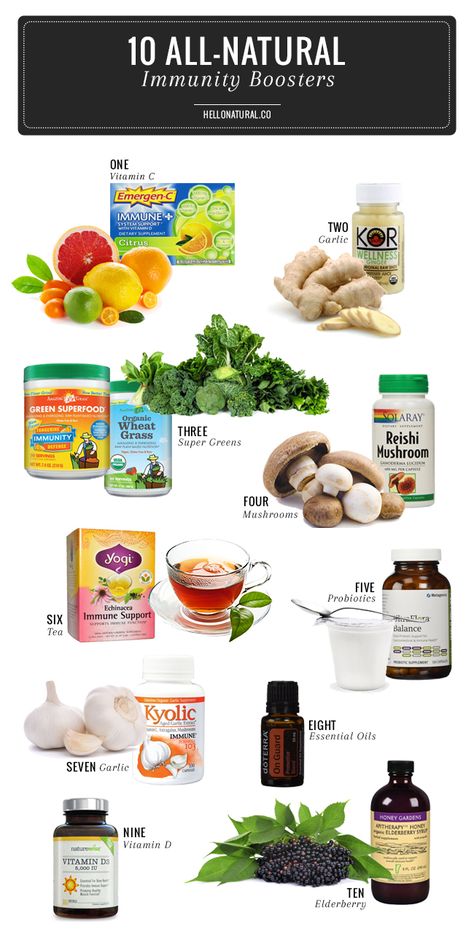
Berries are sources of antioxidants Read more in the source ">3
Maintaining immunity largely depends on whether the body receives enough micronutrients, including antioxidants to fight free radicals. Free radicals are a by-product of a vital chemical process: thanks to oxygen, cells receive energy, but in parallel, reactive oxygen species, oxidants, are formed that destroy cells. The body has its own antioxidant defense, but it is not omnipotent - otherwise a person would not get sick and grow old.
Berries are a good source of antioxidants. A list of the richest berries in antioxidant properties Read more in the source "> 4, Read more in the source"> 5.
- sea buckthorn
- blueberry
- grapes
- cherry
- chokeberry
- currant
Foods rich in vitamin C
Vitamin C is one of the most famous antioxidants. It has an anti-inflammatory effect and enhances the effect of other antioxidants.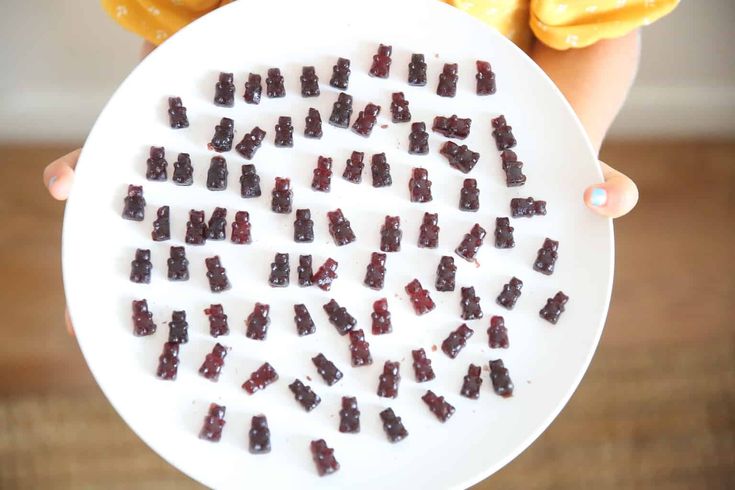 Read more in the source "> 6. Many animals can synthesize it, but humans cannot. Read more in the source"> 7. In addition, this useful vitamin does not accumulate in the body. Therefore, foods rich in vitamin From , must be in the diet constantly.
Read more in the source "> 6. Many animals can synthesize it, but humans cannot. Read more in the source"> 7. In addition, this useful vitamin does not accumulate in the body. Therefore, foods rich in vitamin From , must be in the diet constantly.
Fruits and vegetables abound in this nutrient. The World Health Organization (WHO) recommends eating at least 400 grams (5 servings) of vegetables and fruits per day. Read more in the source "> 8. This will allow you to provide yourself with a daily intake of vitamin C .
A lot of vitamin C in exotic fruits "However, Russian nutritionists treat them with doubt: the fruits are harvested immature, they still do not have enough necessary vitamins. In addition, the fruits are subjected to chemical treatment for safety during transportation. Read more in the source"\u003e 9. Therefore, it will be more reliable to include in your diet the following products that strengthen immunity Read more in the source "> 10.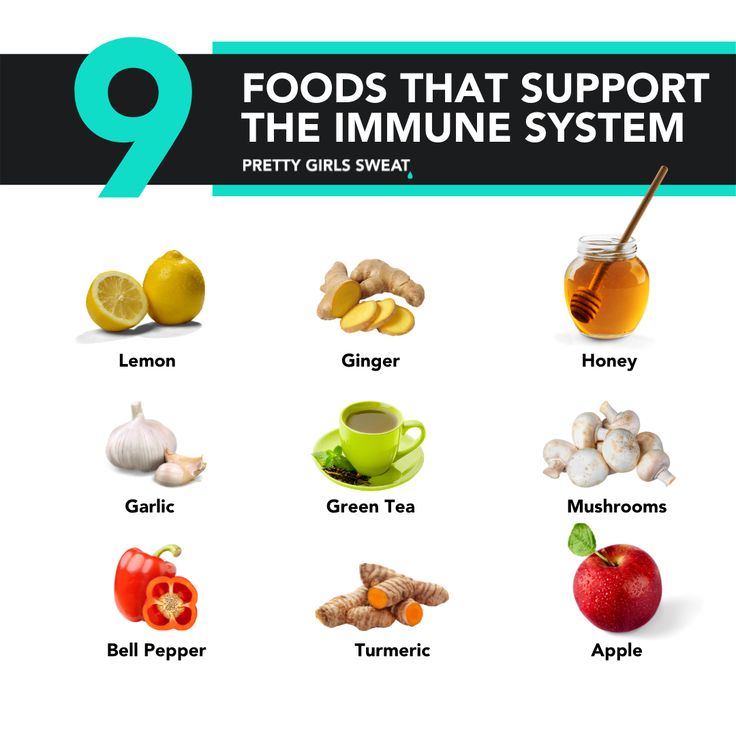
- blackcurrant
- parsley
- broccoli
- Brussels sprouts
- red and green peppers
- strawberry
- citrus
- tomato juice and tomatoes
- spinach
- melon
Choose your immunel
Raspberry seal
Forest berries
Multipher
Tutti-Futti
Strawberries
products rich in Lisin
for immunity are very important for the “Building materials” of the body: they consist of the necessary life: they consist of necessary for life. amino acids Read more in the source "> 11. One of them is lysine Read more in the source"> 12. The body itself cannot produce this amino acid. You can only get it from food or nutritional supplements. Symptoms of lysine deficiency largely coincide with signs of reduced immunity: fatigue, weakness, poor appetite, deterioration of the skin and hair. At the same time, studies have shown that lysine supplements helped children who often get colds Read more in the source "> 13.
At the same time, studies have shown that lysine supplements helped children who often get colds Read more in the source "> 13.
Lysine is also needed to create antibodies that fight pathogens Read more in the source "> 14, Read more in the source"> 15. One form of this amino acid has anti-inflammatory properties and supports intestinal health, which, in turn, is responsible for the absorption of substances necessary for immunity Read more in the source "> 16.
Lysine is abundant in animal products Read more in the source" :
- dairy and fermented milk products, especially cheese
- chicken eggs
- sea oily fish and seafood
- rabbit meat
- beef, veal, lamb, pork
Lysine is also found in plant foods - legumes, nuts, cereals. However, the concentration of this acid in them is much less.
Medicinal herbs Read more in the source ">18
Over the past two decades, the number of studies on the antiviral and immunostimulatory properties of plants has increased 10 times. Experts believe that some herbs can help block the enzymes of the virus, prevent it from penetrating into the body, and this can already strengthen the immune system.The most useful of the herbs are:
Experts believe that some herbs can help block the enzymes of the virus, prevent it from penetrating into the body, and this can already strengthen the immune system.The most useful of the herbs are:
Chamomile: relieves fever and slows inflammation
Milk thistle: contains a complex of antioxidant substances that help boost immunity Read more in the source ">21. Scientists call rosemary a promising agent for combating pathogenic microorganisms. Read more in the source "> 23.
Calendula: it contains a lot of beta-carotene, from which vitamin A is synthesized . Reduces inflammation, has antibacterial properties. Read more in the source ">24.
St. John's wort: is rich in antioxidants, has antibacterial and antiviral activity. Read more in the source">25.
Melissa officinalis: high in antioxidants and essential oil. Melissa has antibacterial and antiviral properties Read more in the source "> 26.
The use of any medicinal herbs should be approached with caution due to their pronounced effect on the body, they should not be treated as ordinary herbal tea.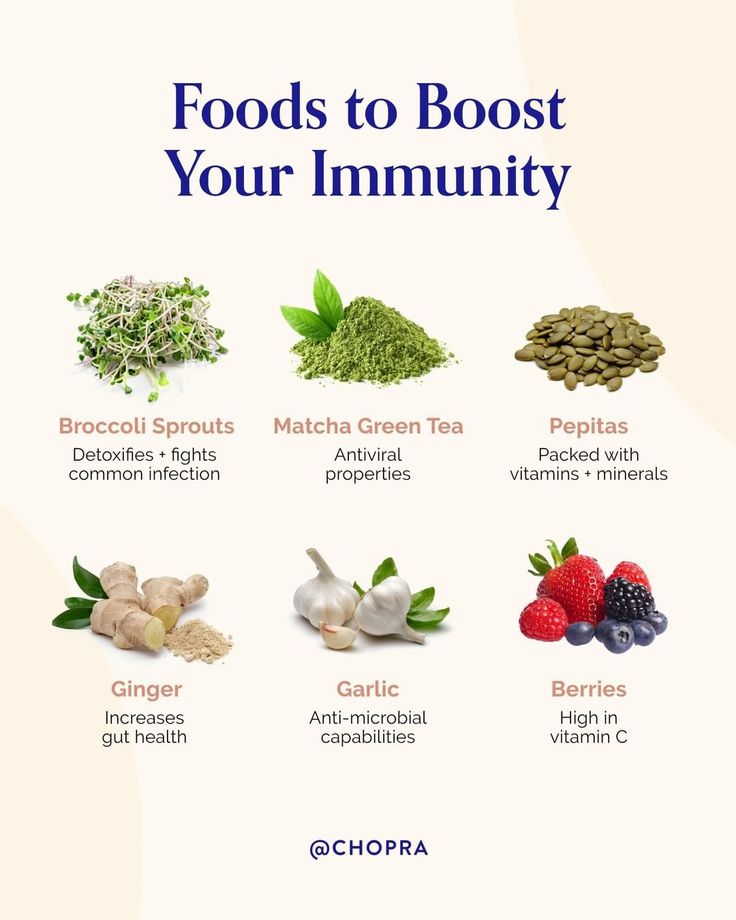 Their turnover is regulated by the Law "On the Circulation of Medicines", therefore medicinal herbs are sold in pharmacies. In addition, many herbs have contraindications for use.
Their turnover is regulated by the Law "On the Circulation of Medicines", therefore medicinal herbs are sold in pharmacies. In addition, many herbs have contraindications for use.
Fresh herbs
Greens are usually rich in vitamins A , E and group B .
Parsley has long been used for many ailments. Some of its properties, including anti-inflammatory, are also used by modern medicine. Read more in the source "> 27.
Spinach is rich in substances that in the body are converted into vitamin A with very high efficiency Read more in the source"> 28.
Arugula contains anti-inflammatory substances. Arugula contains beta-carotene, which is converted to vitamin A , as well as vitamins B , C , K Read more in the source "> 29, Read more in the source"> 30.
Dill showed an anti-inflammatory effect in laboratory experiments. It also contains a lot of vitamins A , B3 and antioxidant substances Read more in the source "> 31.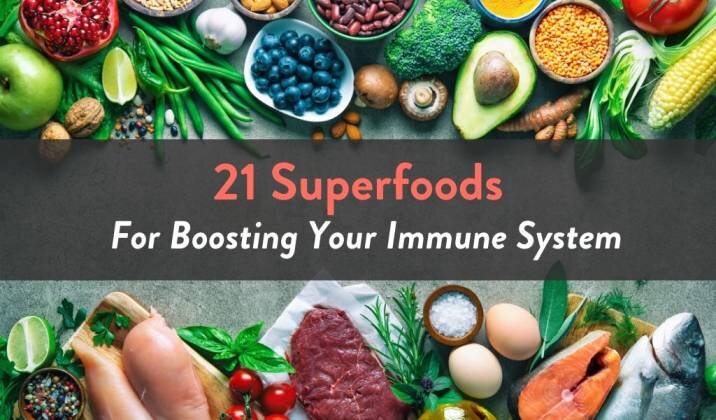
Cilantro - a potential source of substances that play an immunomodulatory role, contains many bioactive substances Read more in the source"> 32.
Oils
Vegetable oils are the richest source of vitamin important for immunity E . But oils are very high in calories, you need to use them little by little. For example, add to a salad as a dressing. Cold-pressed oils are especially useful. Read more in the source "> 33: in this case, the seeds are crushed raw and nutrients are better preserved.
In addition to the well-known olive and sunflower oils, which are rich in polyunsaturated fatty acids Omega 3 , 6 and 9 , useful for immunity are:
- grape seed oil
- cedar oil Read more in the source">36
- black cumin seed oil Read more in the source">37
- sesame oil Read more in the source">38
- camelina oil Read more in the source">39
There is another special group of oils that have long been used in medicine - essential oils.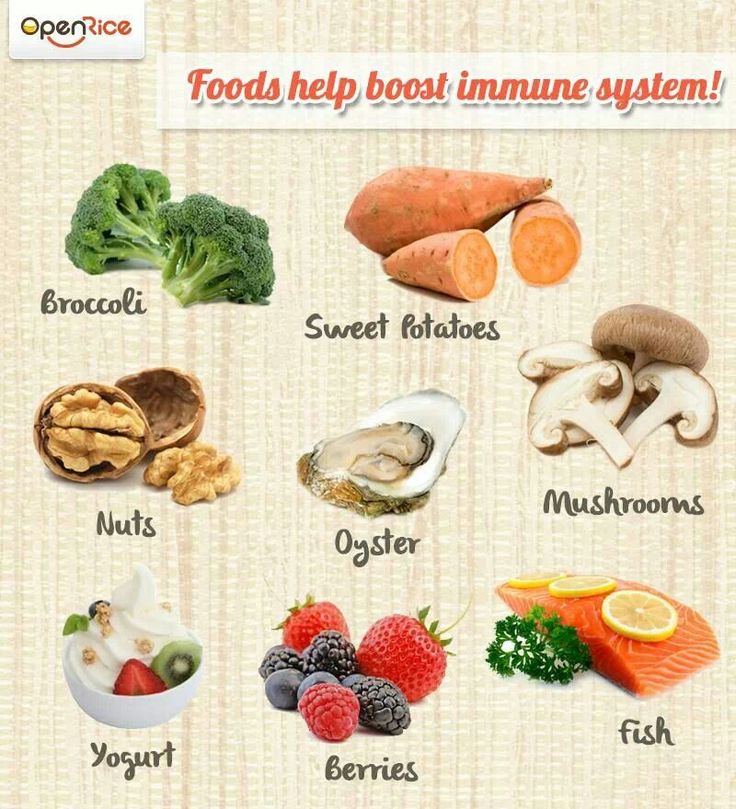 For example, basil essential oil exhibits antimicrobial activity. Read more in the source "> 40. However, not all essential oils have been proven to be effective. In addition, they may be contraindicated for some people.
For example, basil essential oil exhibits antimicrobial activity. Read more in the source "> 40. However, not all essential oils have been proven to be effective. In addition, they may be contraindicated for some people.
Fresh juices Read more in the source"> 41
In general, fruits are preferred over juices. Fruits have a lot of fiber, and it creates a feeling of satiety. There is little fiber in juices, which is why we risk consuming more calories, giving preference to them. Read more in the source "> 42.
However, juice helps to quickly get a large dosage of essential vitamins.
For example, 100 grams of tomatoes contain 13.7 milligrams of vitamin C. Read more in the source "> 43, and 100 grams of tomato juice - 45 milligrams. Read more in the source"> 44.
Unlike juices in bags, fresh juices retain almost all vitamins, if you drink them immediately after preparation, we risk consuming more calories, giving them preference Read more in the source "> 45. Some juices are undesirable to drink in a concentrated form: they can irritate the gastric mucosa "It is recommended to dilute them with water. Also, nutritionists do not recommend drinking fresh juices on an empty stomach. But you should not abuse juices and drink more than one glass a day.
Some juices are undesirable to drink in a concentrated form: they can irritate the gastric mucosa "It is recommended to dilute them with water. Also, nutritionists do not recommend drinking fresh juices on an empty stomach. But you should not abuse juices and drink more than one glass a day.
The most useful juices are:
- apple juice Read more in the source "> 46 - not so much because of the presence of vitamin C , but because of the overall antioxidant activity: in 1 apple it is equivalent to 1500 milligrams of vitamin C .
- orange Read more in source ">47" - contains vitamins C , B-6 , magnesium, potassium.
- carrot Read more in the source "> 48 - one of the most important sources beta-carotene , but to convert it into vitamin A necessary for immunity, fats are needed, for example, a drop of vegetable oil or cream.
- tomato Read more in the source "> 49 - one glass contains the daily norm of the antioxidant substance lycopene .
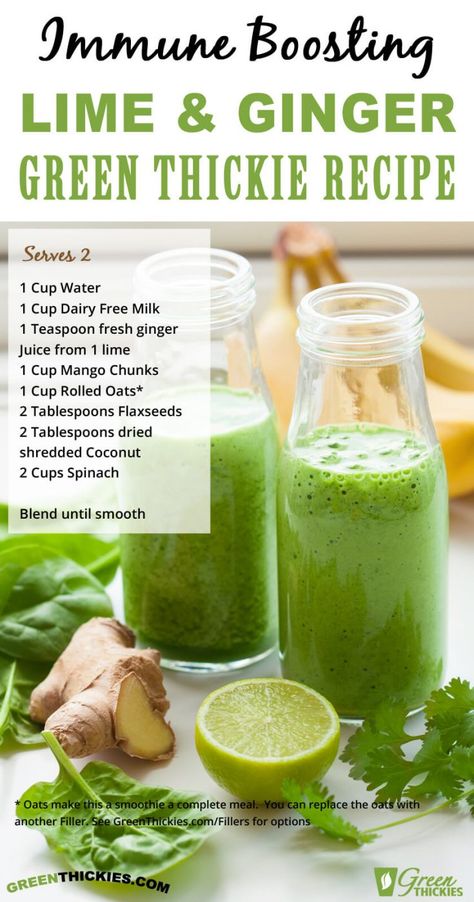 This juice has a beneficial effect on the intestinal microflora Read more in the source "> 50.
This juice has a beneficial effect on the intestinal microflora Read more in the source "> 50. - unsweetened green vegetable juices - they contain a lot of chlorophyll, or a substance that strengthens the immune system, creates an uncomfortable environment for pathogens Read more in the source "> 51. Fresh juices can be created from combinations of cucumber, celery, broccoli, green herbs, green bell pepper, spinach
Fish and seafood
Fish, especially cold seas, as well as seafood are rich in Omega-3 polyunsaturated fatty acids. Read more in the source "> 52. They are important for the integrity of cell membranes, have anti-inflammatory activity, optimize protective functions in the body.
Leaders in Omega-3 :
- sardine
- salmon
- trout
- cod
- shrimp
Nuts Read more in the source "> 53
Nuts are rich in vitamin e , as well as polyunsaturated fatty acids omega-3 .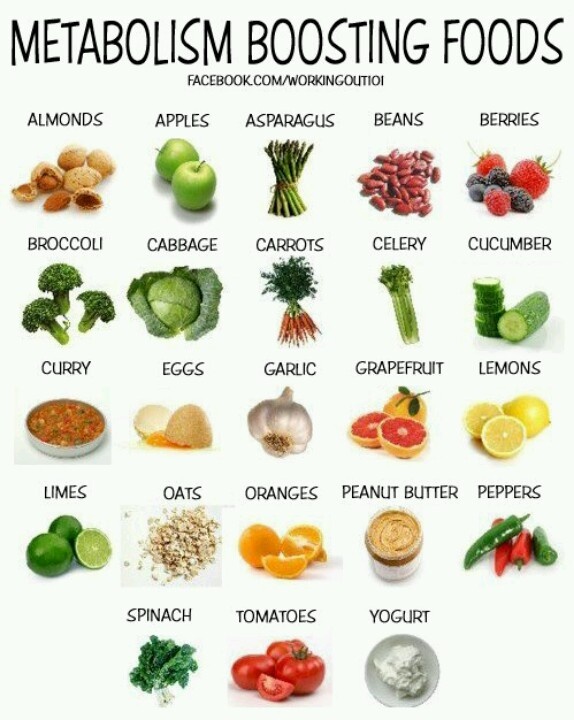 However, they are very calorie, nutritionists advise eating no more than 30 grams per day.
However, they are very calorie, nutritionists advise eating no more than 30 grams per day.
Walnut contains a lot of Omega-3 Read more in the source "> 54. Cedar - a source of many minerals, including zinc, which is necessary for immunity Read more in the source "> 55. Almond contains not only vitamin E , which is considered a natural antioxidant, but also other valuable vitamins, minerals and biologically active substances that have health benefits Read more in the source "> 56. Hazelnut reduces the risk of inflammatory processes, rich in vitamins, minerals and compounds that affect the immune system Read more in the source "> 57. Pistachios are less fat and caloric than all other nuts, they have the highest level of unsaturated fatty acids, potassium, vitamin E Read more in the source ">58.
Brazil nuts are actually seeds: it does not have a shell. This is one of the richest sources of the trace element selenium Read more in the source"> 59.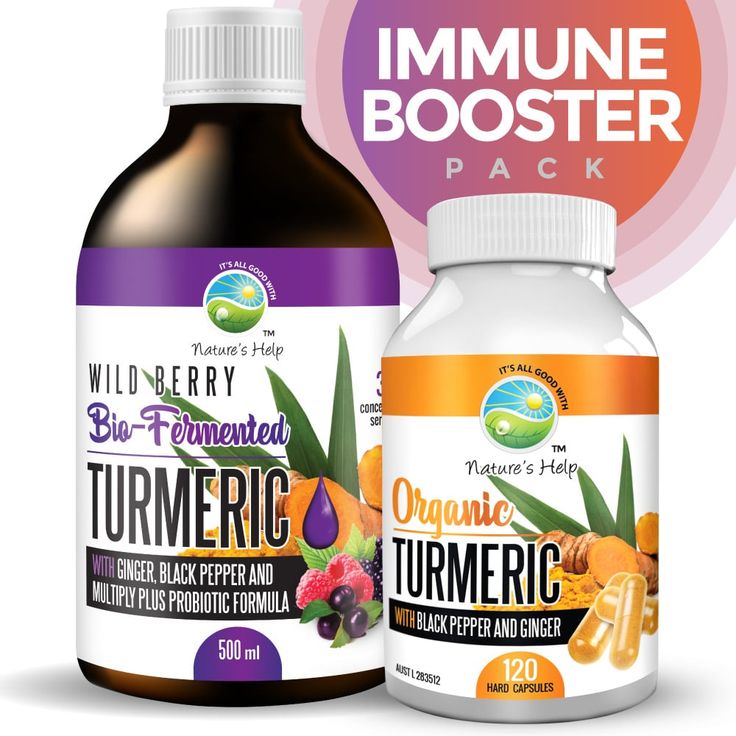
Pecans and Macadamia are also useful.
In all cases, preference should be given to unsalted nuts.
Fermented Dairy Products
Fermented Dairy Products are an example of how beneficial probiotic microorganisms from the outside help the immune system. For example, the fermented milk drink "Imunele" contains live probiotic lactobacilli: they prevent the development of pathogenic microorganisms, help our own microbiota protect the intestinal mucosa and ensure good immune function. Also in "Imunel" there is a complex of vitamins necessary for immunity A , E , D and groups B . One bottle of this drink provides up to 30% of the daily value of these micronutrients. Two bottles a day are enough to maintain immunity.
Green tea
Unlike black tea, this tea is not fermented: the fresh leaves are dried and steamed. This allows you to save more antioxidants, including the substance epigallocatechin gallate, EGCG Read more in the source "> 60.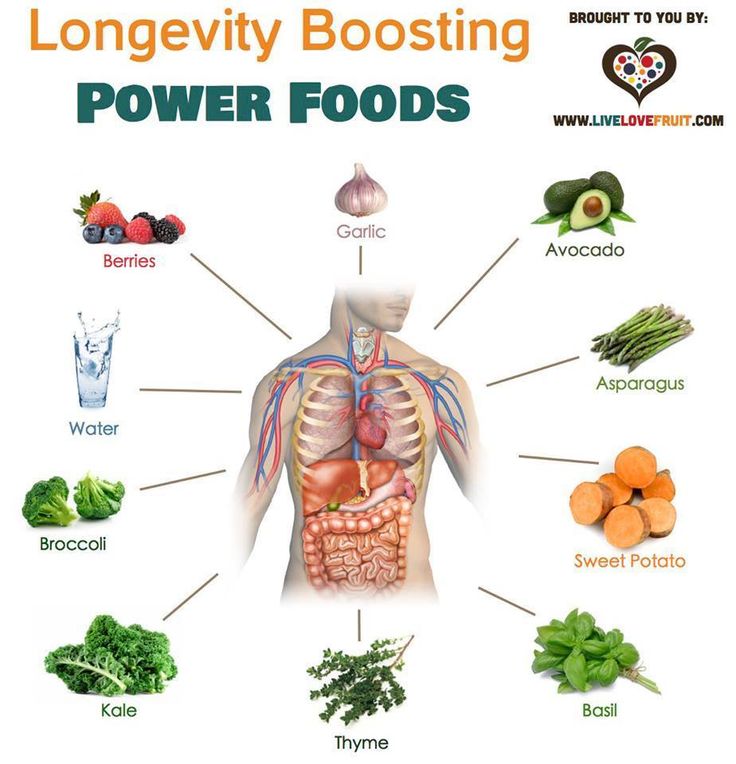 Scientists see great potential in it, so they are currently actively researching its properties for use in medicine Read more in the source"> 61.
Scientists see great potential in it, so they are currently actively researching its properties for use in medicine Read more in the source"> 61.
Vegetables
Dietitians recommend using vegetables of different colors, as they are colored by the predominance of certain microelements and vitamins. If you make a dish of colorful vegetables, you can be sure that you have eaten a whole "vitamin complex".
Adults and children should include at least 400 grams of fruits and vegetables in their daily diet. The conditional top of the most useful includes broccoli, tomatoes (although from a botanical point of view it is a berry), Brussels sprouts, carrots, pumpkin, sweet potato, eggplant, bell pepper, spinach, onion.
Products that reduce immunity
Doctors and scientists fear that the diet of a modern person negatively affects health and may affect the functioning of the immune system, which leads to malfunctions Read more in the source "> 62. Eaten food is a material for construction body cells, metabolism and energy.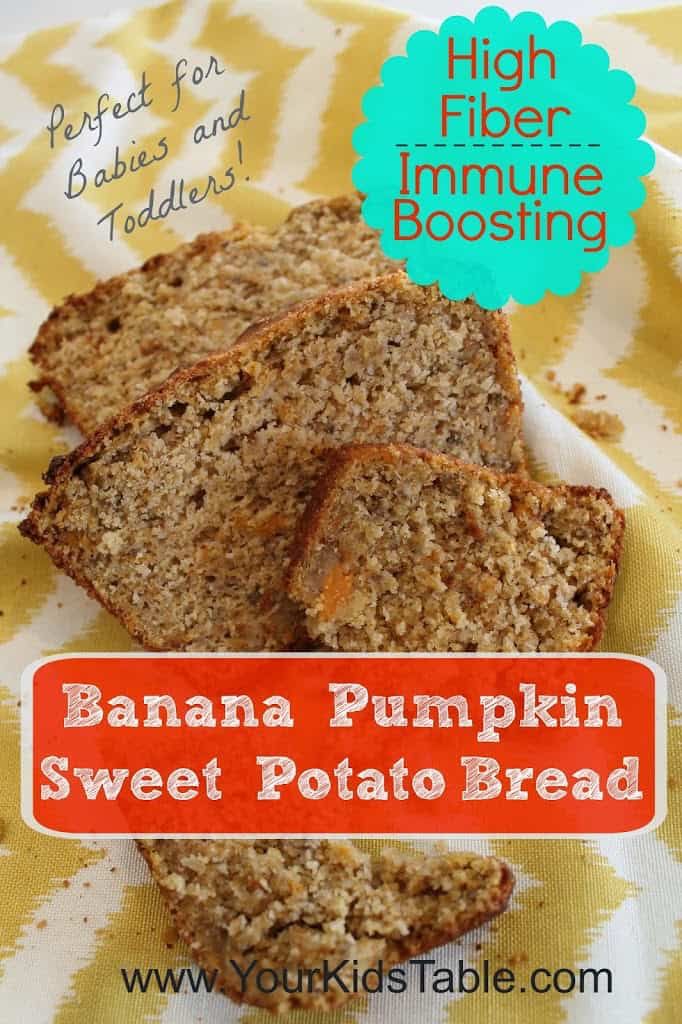 Unhealthy food affects the immune system and parents need to be especially vigilant: the child is often addicted to fast food flavored with flavor enhancers.0003
Unhealthy food affects the immune system and parents need to be especially vigilant: the child is often addicted to fast food flavored with flavor enhancers.0003
The habit of eating fast food is recommended to be replaced by the habit of healthy food. The effect can be felt very quickly, because the body will be built from the right “material”. But you need to remember that eating right is not enough to strengthen the immune system. A healthy diet should be supported by proper sleep, physical activity and the rejection of bad habits. Only an integrated approach increases the body's defenses.
What foods strengthen the child's immunity, healthy menu for preschoolers, children's menu examples - December 10, 2021
All news“Probability of getting infected is 100%”: outbreaks of measles in the regions of Russia, doctors demand to vaccinate everyone who is not vaccinated
The MMK project was recognized at the Silver Archer national award
Burn calories, not the family budget: how to save money on a card to a fitness club
In Chelyabinsk, the movement of trams in the direction of ChMZ was closed
A Chelyabinsk pensioner was given a loan on a passport lost 20 years ago.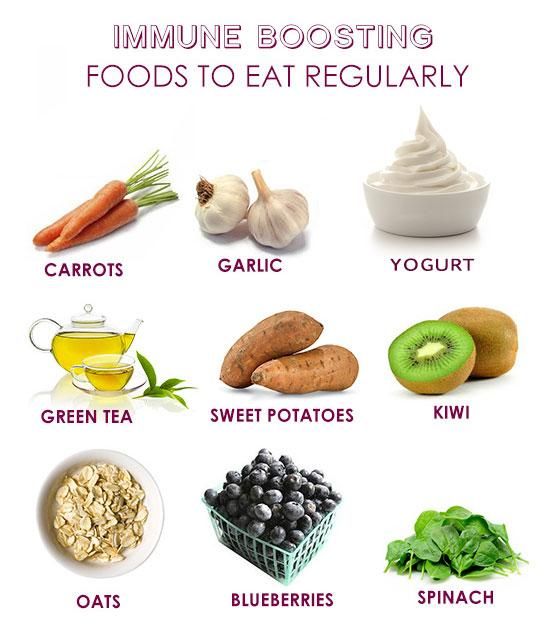 Already for the sixth (!) time
Already for the sixth (!) time
Summons are being sent out again in Russia. What's happening?
The Zhiznmart supermarket chain, despite its prices, captures Chelyabinsk. We figure out why
“Shards fall on our roofs”: three missiles were shot down over Belgorod
The United States said that a Russian fighter intercepted an American drone over the Black Sea
The punishment for fakes about the army was toughened, the Russians began to bring subpoenas: news from the NWO for March 14
“Dad is no womanizer”: stories of actors who made two women pregnant at once
“Everything will be even more expensive, and the assortment will be even worse”: how the ban on the transit of goods through Turkey will hit Russians
Why are subpoenas handed out? What they say in the Kremlin about the second wave of mobilization
Pobeda responded to the claims of a wheelchair user who was not allowed on board Moscow - Chelyabinsk
children": residents of a house in Chelyabinsk were electrocuted at the entrance to entrance
The transport prosecutor's office responded to the problem of a Chelyabinsk disabled person who did not get on board the Pobeda
“Everything is being taken out and taken out”: how the neighbors of the five-story building live, where 15 people died in a gas explosion
“Someone has a mole, and you have a catheter in your heart.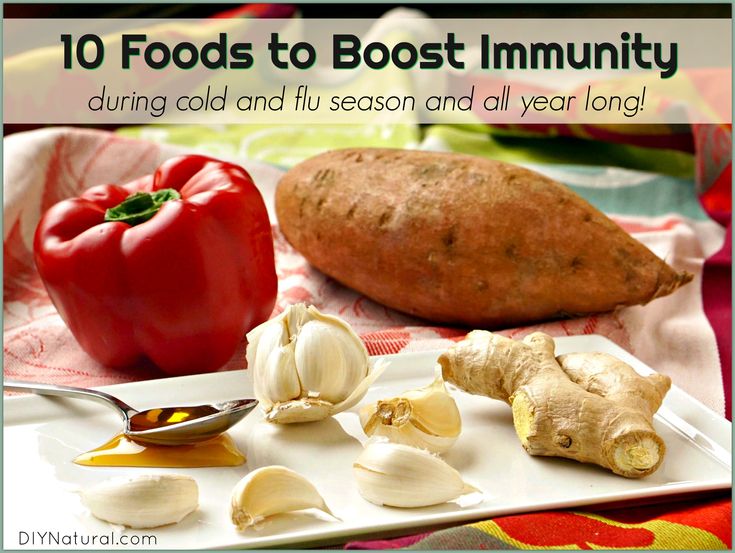 The story of a two-year-old baby who lives from birth with 15 cm of silicone in her artery
The story of a two-year-old baby who lives from birth with 15 cm of silicone in her artery
In Chelyabinsk, the death of a retired military man after a visit by a technician repairer resulted in a criminal case
Employees of the Trubodetal plant received an increase in wages
Authorities responded to parents of schoolchildren who “sat for 40 minutes at their desks” after calling emergency services future lawyers
Chelyabinsk was covered with snow in the middle of March. When to wait for spring0003
No one is pushing back, but they are going. Is it true that relocants have moved back from Georgia to Russia? There are victims
Alexander Rosenbaum was hospitalized with a blood clot
“I didn’t buy for left money”: a Land Cruiser is being squeezed from a South Ural citizen due to the bankruptcy of a car seller
In Chelyabinsk, due to snowfall, traffic jams reached 10 points
Chelyabinsk airport was closed due to snowfall
In Russia, they are preparing to raise the conscription age: 30-year-olds will go to serve next year
Break.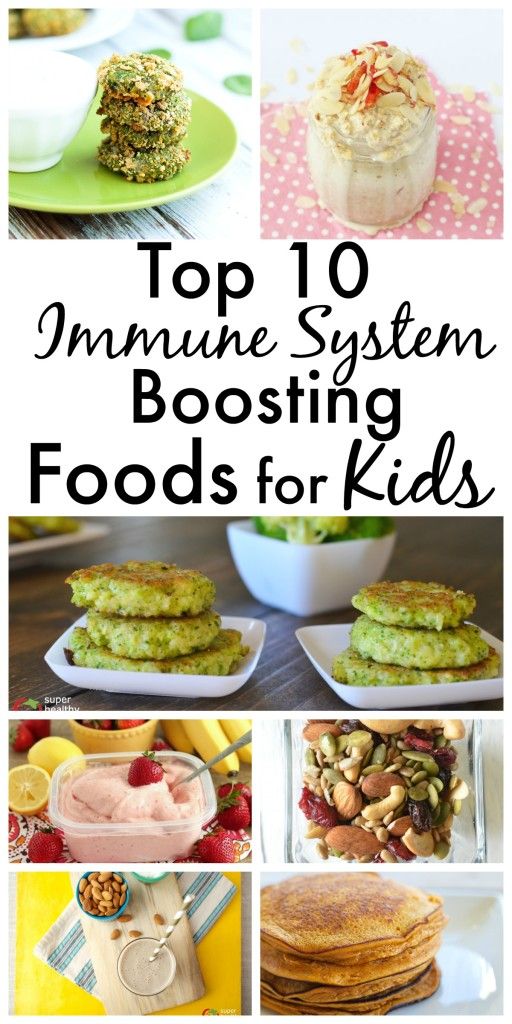 An eight-year-old girl became a hostage of her parents - their war turned her life into wanderings and interrogations
An eight-year-old girl became a hostage of her parents - their war turned her life into wanderings and interrogations
“I sat at the airport for 12 hours”: a disabled person from Chelyabinsk was not allowed on the plane because of the electric drive on the wheelchair
The Kremlin told whether it is possible to resolve the conflict in Ukraine peacefully: NWO news for March 13
In Chelyabinsk security forces searched the subsidiary of NOVATEK
“Children sat under their desks for 40 minutes”: emergency services arrived at the school in Kopeysk
All news
Borscht is good for the nervous and circulatory system. To make the child eat it more willingly, you can add crackers
Photo: Alexander Oshchepkov / NGS
Share
Everyone knows that children's nutrition should be complete and balanced in terms of the composition of proteins, fats, carbohydrates.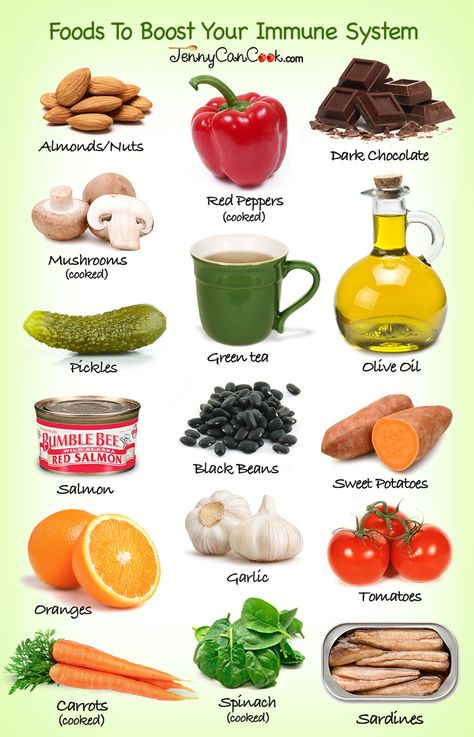 But not everyone knows that with the onset of the autumn-winter period, foods that help the body resist viruses and infections should be present in the child's diet. Proteins, amino acids, probiotics and fiber strengthen the immune system. The winter menu has a few more differences from the diet in the warm season. Our colleagues from Parents.ru, together with the therapist and candidate of medical sciences Dmitry Sirotenko, have compiled a list of products that must be given to children during the cold season. We begin to cook borscht and smear butter on bread.
But not everyone knows that with the onset of the autumn-winter period, foods that help the body resist viruses and infections should be present in the child's diet. Proteins, amino acids, probiotics and fiber strengthen the immune system. The winter menu has a few more differences from the diet in the warm season. Our colleagues from Parents.ru, together with the therapist and candidate of medical sciences Dmitry Sirotenko, have compiled a list of products that must be given to children during the cold season. We begin to cook borscht and smear butter on bread.
The winter diet should be about thirty percent more caloric than the summer diet in order to make up for the body's energy losses. These are hearty and nutritious dishes made from meat, poultry, fish, dairy products and nuts. Also in winter, you need to reduce the amount of light carbohydrates from sweets and desserts. In addition to being overweight, they are more likely to cause allergic reactions. Give preference to warm dishes and exclude cold snacks.
The most important vitamins in winter involved in the formation of antiviral immunity are A, B2, B6, C, D, PP E, folic acid, selenium, zinc, iron, calcium and magnesium.
An important protector of health in winter is vitamin C, it helps maintain immunity, enhances recovery processes in the mucous membranes of the upper respiratory tract, and reduces inflammation. Children, as a rule, do not like foods that have a lot of ascorbic acid: bell pepper, herbs, sorrel, sea buckthorn. Therefore, they can be offered an alternative - rosehip tea, blackcurrant berries, citrus fruits. But they should be given with caution to children prone to allergies.
The child's diet should contain proteins and fats (meat, fish, butter, sour cream, eggs, cheese), vegetable oils (as well as nuts and seeds), carbohydrates (cereals, especially buckwheat, rice, pasta, bread), fiber (vegetables, fruits, legumes). Puree with a cutlet, chicken with buckwheat or pasta - it's great. But take a closer look at these products - they are leading in utility ratings
Root vegetables contain an order of magnitude more nutrients than the fruits or leaves of other plants.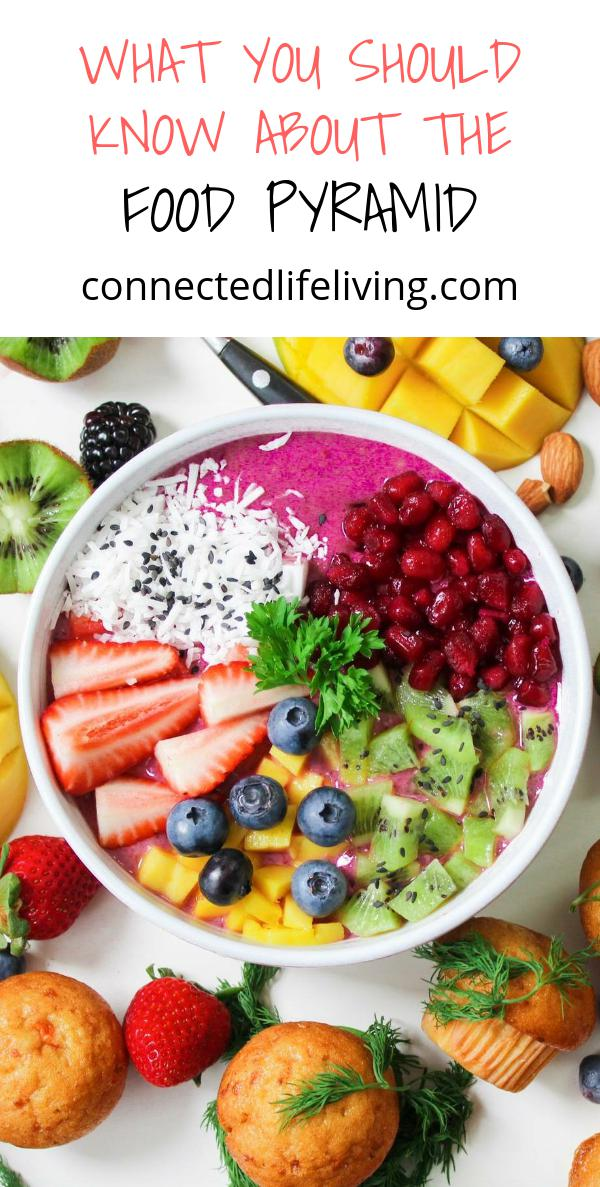 And carrots can be called the champion in usefulness. It contains a lot of easily digestible carbohydrates, pectin, essential oils, amino acids and vitamin A. It is called the growth vitamin - an indispensable element for the child's body, in particular, it is useful for vision and heart function. And, importantly in winter, carotene increases the child's resistance to respiratory diseases.
And carrots can be called the champion in usefulness. It contains a lot of easily digestible carbohydrates, pectin, essential oils, amino acids and vitamin A. It is called the growth vitamin - an indispensable element for the child's body, in particular, it is useful for vision and heart function. And, importantly in winter, carotene increases the child's resistance to respiratory diseases.
It is recommended to introduce carrots into complementary foods from 6-7 months, but this must be done carefully so as not to provoke an allergic reaction. If there is no individual intolerance, then raw carrot salads will be a good prevention in the winter. Just do not forget that for better absorption of carotene (vitamin A), you need to add vegetable fat (vegetable oil) or sour cream to carrots.
We have written about the benefits of vitamin D (cholecalciferol) more than once. This is the main fighter of the invisible front - it is involved in protecting the body from infections, viruses and other misfortunes.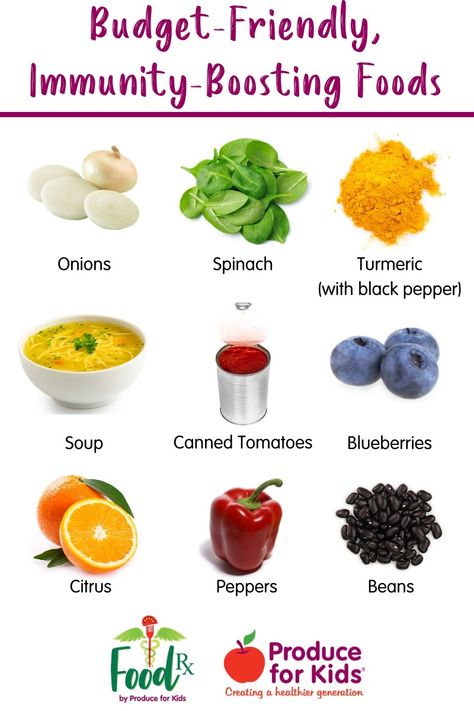 The body always needs cholecalciferol, but in winter, during the coronavirus epidemic, it is especially important to maintain the required level. Recall that most often vitamin D is not supplied with food enough. To determine this, you need to do a blood test. And for the prevention of vitamin D deficiency, it is useful to eat foods in which the vitamin is present. There is a lot of it in salmon, tuna, mackerel. In addition to vitamins, sea fish contains protein, omega-3 polyunsaturated acids and other necessary substances that help the child's body resist colds and viruses. Preschoolers need to eat 60 grams of salmon fish 2-3 times a week.
The body always needs cholecalciferol, but in winter, during the coronavirus epidemic, it is especially important to maintain the required level. Recall that most often vitamin D is not supplied with food enough. To determine this, you need to do a blood test. And for the prevention of vitamin D deficiency, it is useful to eat foods in which the vitamin is present. There is a lot of it in salmon, tuna, mackerel. In addition to vitamins, sea fish contains protein, omega-3 polyunsaturated acids and other necessary substances that help the child's body resist colds and viruses. Preschoolers need to eat 60 grams of salmon fish 2-3 times a week.
Babies start introducing fish food at the age of 10 months. A good option is cod, it is lean and it also has vitamin D, however, its maximum concentration is in the liver. For the daily norm, you need only a few grams. But, since cod liver is a heavy product, especially canned food in oil, it is undesirable for children under 10 years old to try the delicacy. But on the recommendation of a doctor, you can take fish oil, it is made from cod liver. By the way, if a child refuses to take fish oil, then it can be replaced with linseed oil, in addition to polyunsaturated acids, it contains a lot of linolenic acid - an assistant in the treatment of chronic respiratory infections.
But on the recommendation of a doctor, you can take fish oil, it is made from cod liver. By the way, if a child refuses to take fish oil, then it can be replaced with linseed oil, in addition to polyunsaturated acids, it contains a lot of linolenic acid - an assistant in the treatment of chronic respiratory infections.
If your baby already recognizes a sandwich, you can add a slice of salmon on top. A high-calorie diet, which is high in protein and fat, helped to cope with diseases. Even now, adults can eat a small sandwich with lard for prevention during the cold season. And for children, fat should be replaced with butter - it is easier to digest, has nutritional value and a lot of useful properties. If you remember, in childhood, our grandmothers made us a sweet “cure” for colds: they mixed butter with cocoa and honey. So a sandwich with butter, which is served for breakfast in every children's institution, is a good preventive measure against various ailments. Note that butter is a high-calorie product, especially in combination with pastries.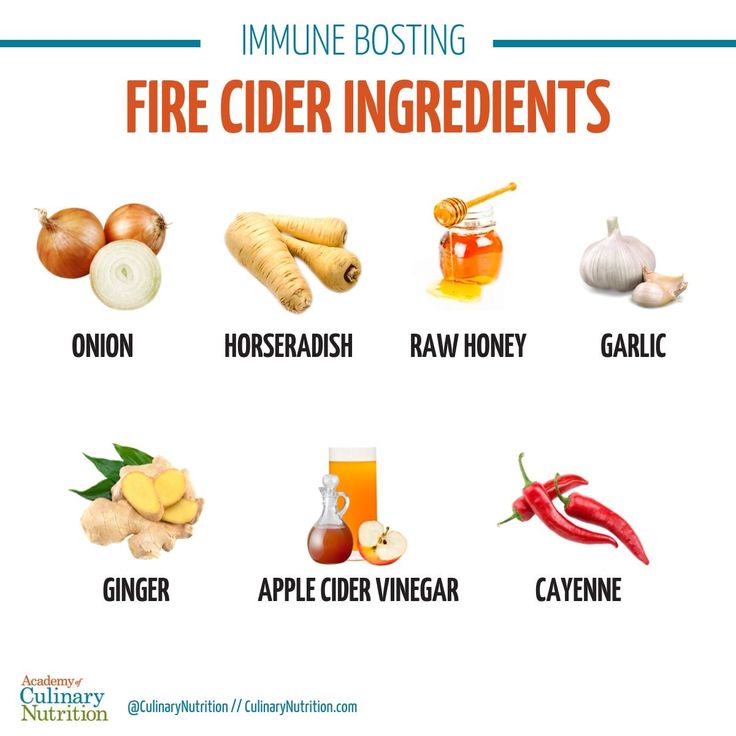 Therefore, it is better to choose whole grain bread for a sandwich. Every day, the child is recommended no more than 20 grams of butter.
Therefore, it is better to choose whole grain bread for a sandwich. Every day, the child is recommended no more than 20 grams of butter.
There are hardly many fans of this vegetable among children, and among adults too, the taste of beets is not for everybody. But, if the child does not have allergies, beets should be included in the diet, especially in winter. The fact is that, unlike many crops, beets retain their beneficial elements all year round. And she can’t count them, which has a positive effect on many organs and systems of the body, especially the central nervous, circulatory, and cardiac systems. Beets appear in the baby's diet after a year. Portions should be discussed with the pediatrician, as this is an allergenic product.
Fermented milk products in a child's diet during the cold season also do an excellent job of strengthening the immune system. The lactic acid bacteria contained in yogurt maintain normal intestinal microflora, reduce the growth of pathogenic flora, remove toxic substances and stimulate local immunity.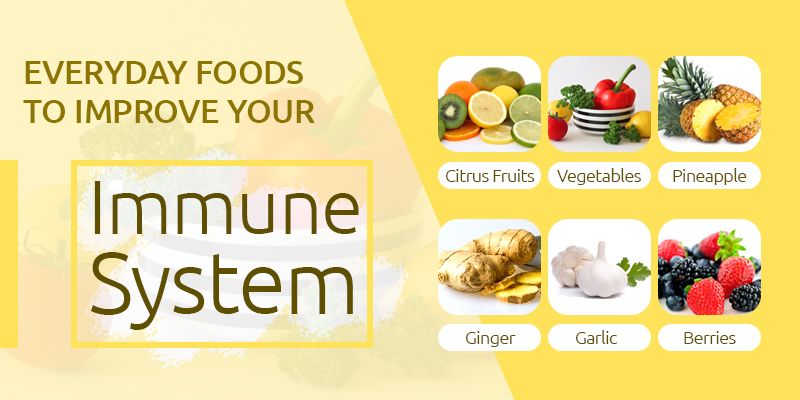 For baby food, you need to choose natural varieties of yoghurts and, if possible, unsweetened. The daily norm is up to 200 ml.
For baby food, you need to choose natural varieties of yoghurts and, if possible, unsweetened. The daily norm is up to 200 ml.
If a preschooler constantly sniffles, catches a cold and runs the risk of catching a more serious illness, a set of measures is needed to improve health. Meals on this list will be mandatory. For example, you need to check if there are enough vegetables and herbs in the baby’s diet? Should be up to 250 grams every day. From herbs, you can choose dill, parsley, cilantro, lettuce, basil. The fact is that greenery in itself is an excellent prevention against viruses and infections. It contains a large amount of vitamins C and potassium, dietary fiber and chlorophyll - a source of magnesium, an essential element for the body, is involved in the production of immune cells and macrophages that destroy bacteria.
Milk — milk proteins are involved in the creation of cells, including immune ones.
Apples and citrus fruits is a complex of vitamins and dietary fibers that cleanse the body of toxic metabolic products, pathogenic microbes.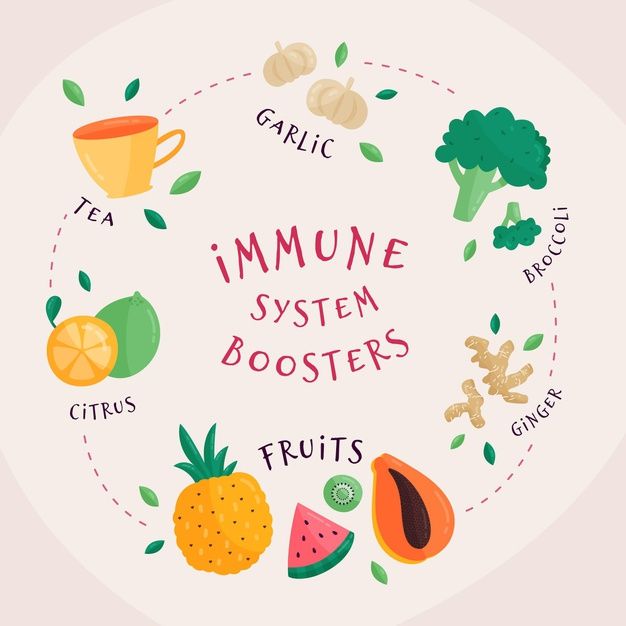
Pumpkin - contains many antioxidants that prevent the formation of free radicals, which lead, among other things, to respiratory diseases.
Rosehip decoction is a storehouse of vitamin C. They drink courses, and you need to remember that the drink removes potassium from the body, so along with rosehips, children need to add bananas, dried apricots or raisins to the diet.
Put them away: 5 harmful foods we feed our children.
Healthy Snacks for Hungry Teens: An Overview You Can Use.
4 tricks from the chef on how to feed your child the least favorite food.
Related
-
07 November 2022, 18:00
I'm embarrassed to admit it: revelations from a mother who constantly yells at children (and tips on how to stop yelling) -
11 October 2022, 20:03 «9 broke her daughter without knowing it”: an honest confession of the mother of a very shy child
-
09 March 2022, 18:00
Just 180 seconds, and your child will grow up differently: what is the "three-minute rule" - all parents need to know -
23 May 2021, 10:00
Healthy snacks for hungry teenagers : a review that is useful to you and you
Elena Lemmerman
Editor, author of articles Parents.